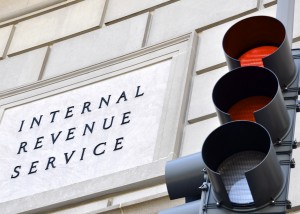- Locate original will, trust, insurance policies and deeds.
- Contact both the funeral home and church to make arrangements and publish obituary notice.
- Obtain 10 Certified Death Certificates from the Undertaker.
- Contact Social Security, the Veterans Administration, and any other payers of pensions to stop direct deposits.
- Contact life insurance company to determine death benefits.
- Contact utility companies, cable TV, cell phone, pest control and lawn care to cancel service or change billing status.
- Contact homeowners, auto and health insurance to cancel coverage or change policy.
- Remove your loved one’s name from the car registration if held jointly.
- Contact all three credit reporting agencies (Transunion, Experian and Equifax) and cancel all the credit cards in your loved one’s name.
- Cancel or change all memberships and magazine or newspaper subscriptions.
- Contact an attorney to see if probating the estate is necessary and bring a list of all the assets.
- Have the mail forwarded to the executor if needed.
- If probating the estate is not necessary, transfer title on all the jointly owned assets such as bank and brokerage accounts to the surviving owner and remove your loved one’s name and social security number. You may leave one joint account open for 8 months after the date of death in case you need to deposit a check in their name.
- Update your life insurance policy and retirement accounts to remove your loved one as beneficiary.
- If your spouse and yourself own any real property jointly you do not need to change the deeds but you will need their death certificate when the property is sold.
Feel free to contact Gregory J. Spadea, Esquire of Spadea & Associates, LLC online or at 610-521-0604 to help you probate your loved one’s estate.













